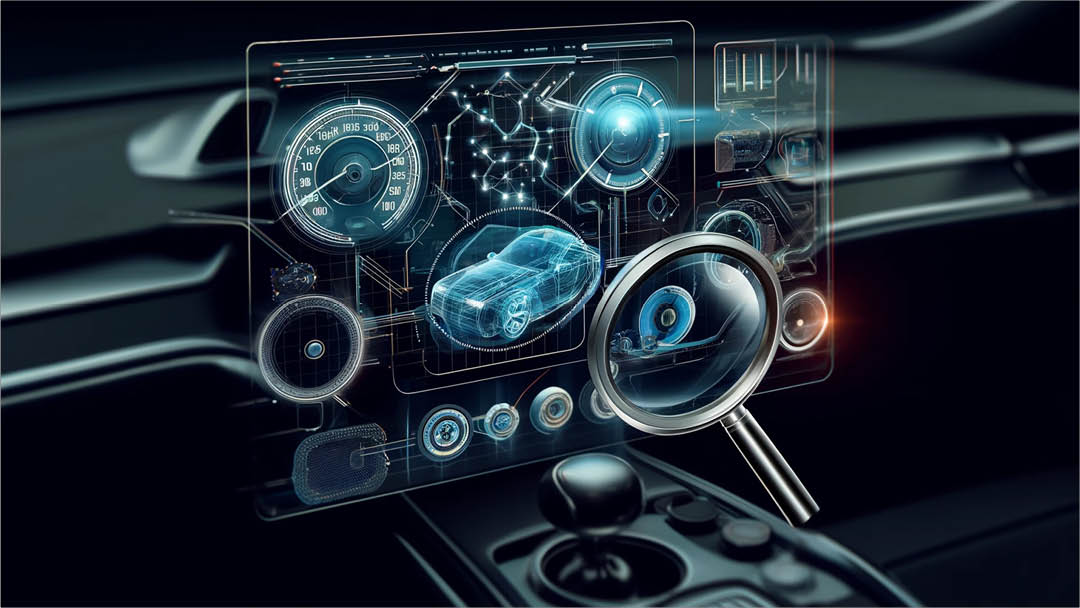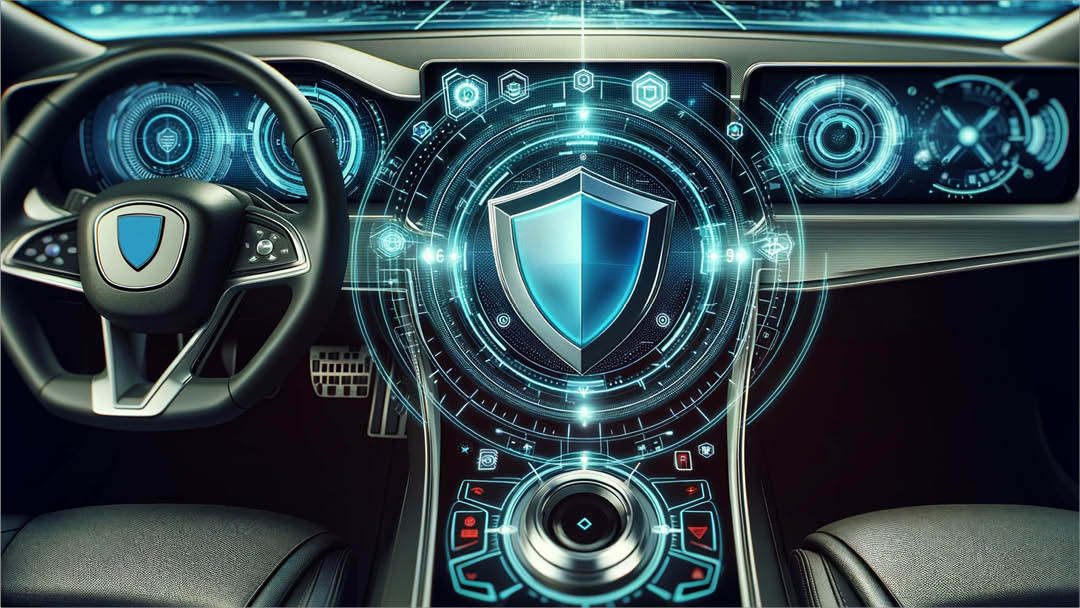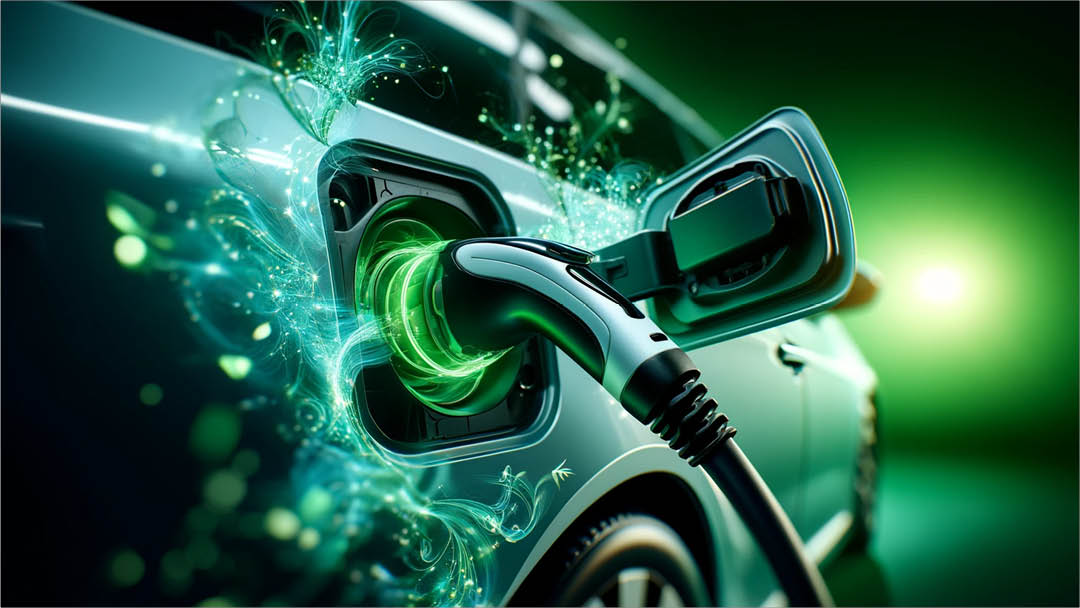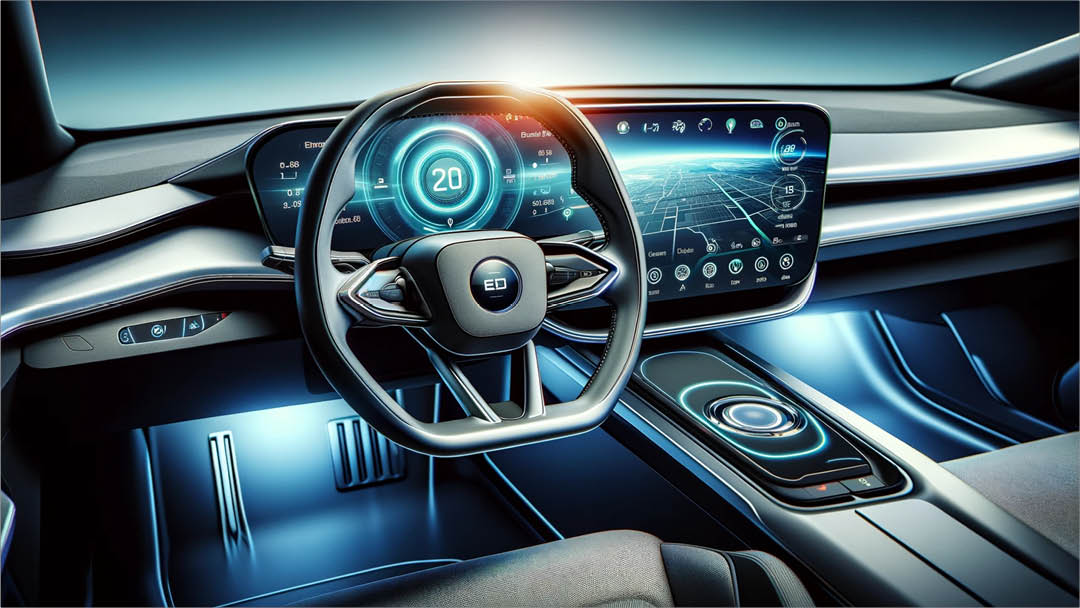In Brief
- The complexity of electric vehicle (EV) software demands rigorous integration and testing to ensure safety, performance, and reliability.
- Software integration involves orchestrating multiple components into a unified system, while testing validates their interactions and overall functionality.
- Acsia employs advanced methodologies, tools, and a deep understanding of automotive software to deliver seamless integration and comprehensive testing solutions for the e-mobility industry.
Electric vehicles (EVs) are at the forefront of automotive innovation, powered by a symphony of interconnected software systems. As an automotive technical architect, I recognise that the complexity of these systems demands rigorous integration and testing to ensure a harmonious driving experience that is both safe and reliable.
The modern EV is more than just a mode of transportation; it’s a rolling supercomputer with a network of ECUs governing everything from battery management to advanced driver-assistance systems (ADAS). These ECUs, each running complex software, must communicate flawlessly to orchestrate the vehicle’s functions.
Software Integration: Crafting a Cohesive Symphony
The art of software integration lies in harmonising these disparate components into a unified system. It’s akin to conducting an orchestra, where each instrument (software module) must play its part in perfect sync with the others. This involves meticulous planning, careful coordination, and a deep understanding of the underlying software architecture.
Challenges abound in this process. Different suppliers may have developed components using varying programming languages, tools, and methodologies. Discrepancies in data formats, communication protocols, and timing requirements can lead to conflicts and errors if not properly addressed.
At Acsia, we approach software integration with a systematic and methodical approach, utilising industry-standard frameworks like AUTOSAR to ensure compatibility and interoperability. Our team of experienced engineers meticulously analyse dependencies, manage configurations, and establish robust communication interfaces to ensure that all software components work together seamlessly.
Integration Testing: The Crucible of Quality
Once the integration is complete, it’s time to put the software through its paces. Integration testing is the crucible where the true functionality and reliability of the system are tested. It involves a wide range of techniques, from unit and component testing to system and acceptance testing.
The goal of integration testing is to uncover any hidden defects, inconsistencies, or performance issues that may arise due to the interaction of different components. We leverage a combination of simulation, hardware-in-the-loop (HIL) testing, and real-world road tests to ensure that the software performs flawlessly under a variety of conditions.
Acsia: Your Partner in E-Mobility Software Excellence
At Acsia, we understand that software integration and testing are critical to the success of any EV project. We have a proven track record of delivering high-quality software solutions for the automotive industry, with a particular focus on e-mobility. Our team of experts brings a deep understanding of automotive standards, processes, and tools to the table, ensuring that your EV software meets the highest standards of quality and reliability.
Our Software Integration and Testing Services:
- Integration Strategy and Planning: We help you define a clear and comprehensive integration strategy that aligns with your project goals and timelines.
- Test Case Development and Execution: We develop and execute test cases that cover all aspects of the integrated system, from functional requirements to non-functional requirements like performance and reliability.
- Test Automation: We leverage automation to streamline testing processes, improve efficiency, and ensure consistent results.
- Defect Tracking and Resolution: We use robust defect tracking systems to manage and resolve issues quickly and efficiently.
- Continuous Integration and Testing: We implement continuous integration and testing (CI/CT) practices to ensure that software changes are integrated and tested regularly, minimising the risk of late-stage surprises.
Ready to take your e-mobility software to the next level? Partner with Acsia Technologies and experience the seamless synergy of expert software integration and testing. Contact us today to learn more about our comprehensive e-mobility solutions.










